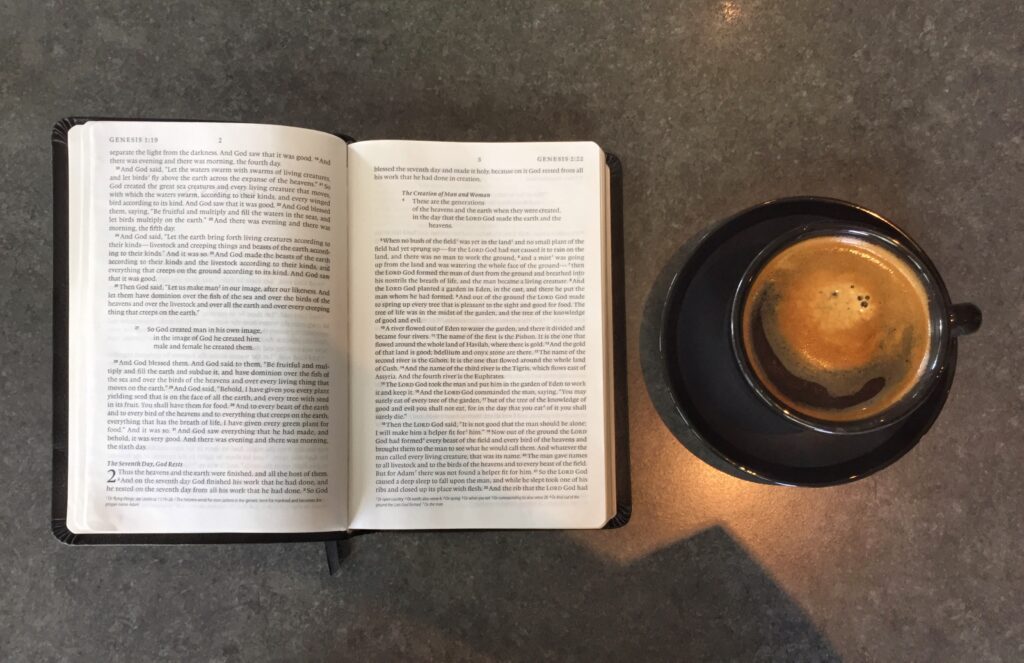A reflection on Matthew 13:33 for Sunday, August 22, 2021 at Mosaic Baptist Church

He told them another parable: ‘The kingdom of heaven is like yeast that a woman took and mixed in with three measures of flour until all of it was leavened.’
Matthew 13:33 (NRSVA)
The parable of the yeast is even shorter than the parable of the mustard seed. It is a single sentence. In the original it is all of nineteen words.
It is of significance that Jesus would tell such a story. We have already seen Jesus tell stories that peasant farming communities would easily understand and relate to. The parable of the sower. The planting of the mustard seed. Now, we have a story set in a kitchen speaking into the female context and experience of the time. Jesus is deliberately telling a riddle that will most naturally communicate to women.
Three measures of flour is a lot of flour. 27 kilos, in fact. Clearly, this is not one who making a single loaf for herself or even for her family. This is a story of plenty. It has echoes of generous hospitality.
In fact, it is unlikely that even relatively uneducated Jews could hear this riddle without being drawn to remember the account of Abraham’s welcome of the three visitors in Genesis 18. There the patriarch’s wife, Sarah, was asked to prepare ‘three measures of flour’ and host, unknowingly, the creator of the universe.
Perhaps, like the yeast Jesus refers to, Sarah’s hidden action was doing far more than she ever imagined.
It is tempting to see the parable of the mustard seed and the parable of the yeast as twin parables that reinforce one another. Certainly both yeast and mustard seeds are small, alive, and hidden. The two stories are told side-by side and both go uninterpreted.
I am drawn, however, to Matthew’s description of the yeast as ‘mixed’ into the flour. So often we think of the ‘kingdom of heaven’ as holy and separate. We compartmentalise religion keeping the secular and sacred apart. Religion, we often hear, is something relegated to the private sphere.
Of course, this is strangely unrealistic. As adherents to another kingdom, we remain, at least for now, in the kingdom of the world. We are part of it even though as struggle with such a tension. Perhaps this is why the telling and explanation of the ‘wheat and weeds’ parable surrounds these two micro-parables. Until the end of the age we remain part of a world of both good and evil.
Essentially, good and evil are ‘mixed’ in this world – and in us.
And yet, this yeast-parable reminds us that this does not mean we loose potency. Yeast is not watered-down by being mixed into the dough. In fact, yeast does exactly what it is intended to do when it comes in contact with flour. It lightens and brings flavour.
Yeast, though small and hidden, makes a difference!
And so do you as you as you find in yourself both good and evil while inhabiting a world of both good and evil. You, inadequate and exactly where God has you now, are a capable of influencing for good the world God loves.
And that is a comforting thought!
Conversation Starters:
When do you feel most conscious of the difference your life makes? When do you feel most unconscious of this reality?
Are you prone to think of following Jesus as a ‘separating’ or a ‘mixing’ reality? Does your faith cause you to withdraw or engage with the world around you?